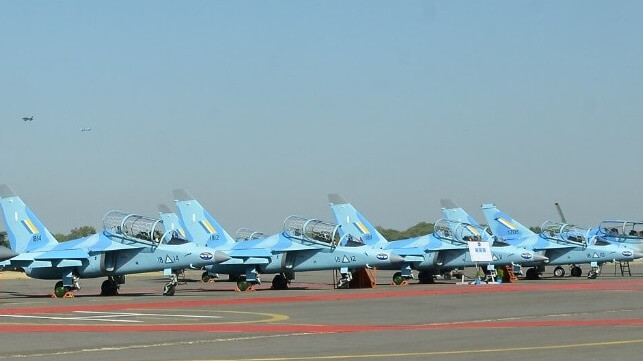Trafigura Exits Myanmar After Amnesty Report on Military Fuel Use

Amnesty International has released a detailed report on the fuel supply chain for the Myanmar Air Force, which has been implicated in war crimes targeting civilian infrastructure. Documents and defectors' accounts link the Myanmar military's Jet A supply to fuel distributor Puma Energy, a subsidiary of Trafigura, and to tankers operated by Pan Ocean.
Myanmar's governing junta has used military force to shore up its control of the country for decades, notably in the Chin and Rakhine regions. Since its return to power in a coup in 2021, it has also deployed force to repress pro-democracy movements. Amnesty's researchers were able to link known aerial attacks on civilians back to four air bases: Hmawbi (Yangon International), Magway, Tada-U (Mandalay International) and Taungoo.
A detailed reconstruction of the bases' fuel supply infrastructure and activity patterns pointed to a Puma joint venture, National Energy Puma Aviation Services (NEPAS). The fuel supply for NEPAS was imported through a commercial terminal at the port of Thilawa, managed by Puma subsidiary Puma Energy Asia Sun (PEAS)
Amnesty identified eight tanker shipments of jet fuel that arrived at Thilawa after the coup in February 2021, all ostensibly intended for civilian use. Its researchers traced these consignments back to the shipowners and the refiners who helped supply the fuel. In addition to Puma, it identified tanker services provided by shipowner Pan Ocean and fuel sold by oil companies Rosneft, Chevron Singapore, PetroChina and Thai Oil.
In October, after reviewing Amnesty's findings, Puma Energy announced that it would sell its operations in Myanmar to a "locally owned private company."

that matters most
Get the latest maritime news delivered to your inbox daily.
Wilhelmsen Ships Service, which provided ships' agency for some of the identified shipments, has decided to stop serving jet fuel consignments in Myanmar. Tanker owner Pan Ocean did not respond to Amnesty's requests for comment.
“Any company conducting human rights due diligence should realize that selling aviation fuel to a customer located in a country ruled by a military with an atrocious human rights record at the very least poses high risks,” said Amnesty researcher Montse Ferrer.
